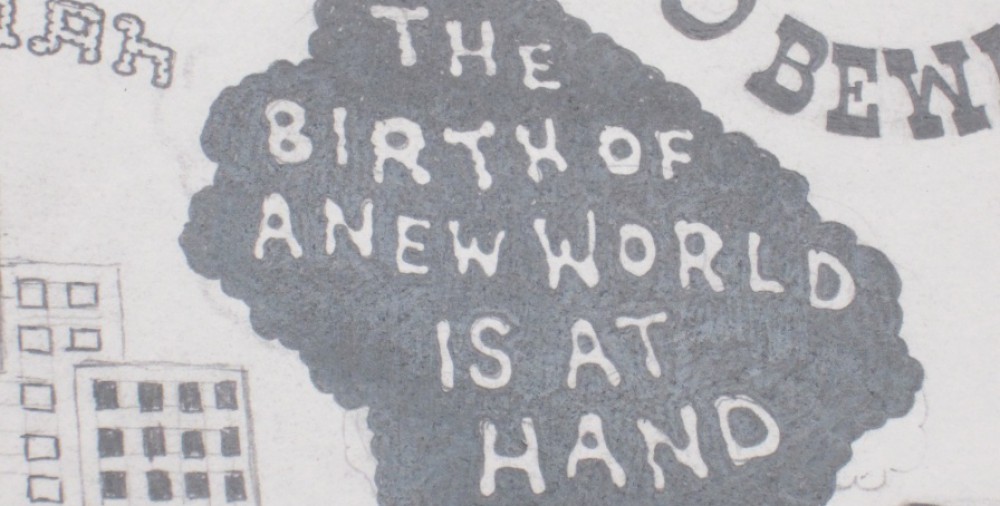Reading this author way of writing stories was really difficult to understand at first. This author explains things in a way that isn’t easy to understand. She uses a variety of vocabulary words. When I first read these stories I felt discouraged to continue reading them because of the high use of vocabulary words, but once you start knowing what those words mean, the stories actually get really interesting. One of the stories Guin talks about is a woman, at first you can’t tell if she’s young or old, but we later find out shes an elderly woman. This author explained the things this elderly woman achieved while being young. The author tries to make us see from the elderly’s woman point of view, of what she sees, and how she used to be someone really important and she started observing get life and seeing that she was in a prison. It wasn’t meant literally, but she felt like it was, she barely went outside to walk around. The reason she didn’t do this was because if a stroke she had had a while ago. After that she was traumatized to walk outdoors again. She then Noticed something had to changed, she wanted to go see what was outside. At the end I feel as if she was dying slowly, she didn’t want anyone to notice where she was, I felt rather sad what what this woman went through. At the end it left me thinking with what was left at the end : “the dry white flowers nodded and whispered in the open fields of evening. Seventy-two years and she had never had time to learn what they were called(Le Guin Pg 14)”. That phrase left me thinking of what is really important in life. I felt like she did without knowing what was really important in life, she missed the big details in her life, when she thought It wasn’t important.
The author Le Guin wrote another short story called “The Ones Who walk away from Omelas. This story starts with the author trying to explain to us of a “perfect world” with no problems of any kind. The story starts really good, demonstrating this great Utopia. Place. But later on in the Story, as I read, I started getting a bit confused, it explained that in order for this town to remind as the “perfect world” that it is , a child either boy or girl must be kept in some sort of captivity and live in very terrible conditions. This boy/girl is the reason why the Whole town can have this Happy, and perfect world . This scene or section of the story really bothered me. As I read this: “They all know it is there, all the people of Omelas…..They all know that it has to be there (Le Guin page 5)”. This section demonstrated they treat the child, that is in captivity as an Object! They don’t even treat it as a human being. This child would cry “help me!” And no one can help him. If they helped him, their perfect world would be destroy. I see this as a sacrifice that has to be done in order for other to live in a perfect world. “the beauty of their city……….the health of their children…..even the abundance of their harvest and kindly weathers of their skies, depend wholly on this child’s abominable misery (Le Guin page 5) .” So they consider this child that is treated badly as an Object, Yet, all Goodness depends upon he’s misery.



